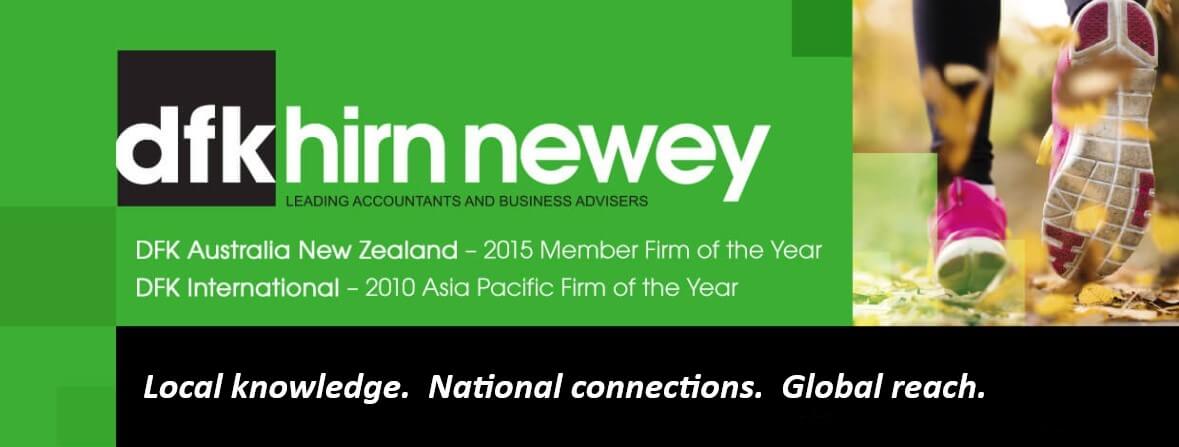
August
August 2021 Newsletter
ATO tax time support: COVID-19 and natural disasters
The ATO has a range of year-end tax time options to support taxpayers who have been affected by the COVID-19 pandemic and recent natural disasters.
Income statements can be accessed in ATO online services through myGov accounts from 14 July.
The ATO also reminds those who may have lost, damaged or destroyed tax records due to natural disasters that some records can be accessed through their myGov account or their registered tax agent. For lost receipts, the ATO can accept “reasonable claims without evidence, so long as it’s not reasonably possible to access the original documents”. A justification may be required on how a claim is calculated.
TIP: Even if you can’t pay, it’s still important to lodge on time. We can help you understand your tax position and find the best support for you.
JobKeeper
Payments received as an employee will be automatically included in the employee’s income statement as either salary and wages or as an allowance. However, sole traders who received JobKeeper payment on behalf of their business will need to include the payment as assessable income for the business.
JobSeeker
Payments received will be automatically included in the tax return at the Government Payments and Allowances question from 14 July.
Stand down payments
Employees receiving one-off or regular payments from their employer after being temporarily stood down due to COVID-19 should expect to see those payments automatically included in their income statement as part of their tax return.
COVID-19 Disaster Payment
The Australian Government (through Services Australia) COVID-19 Disaster Payment for people affected by restrictions is taxable. Taxpayers are advised to ensure they include this income when lodging their returns.
Other assistance
The tax treatment of assistance payments can vary; the ATO website outlines how a range of disaster payments impact tax returns and includes guidance on COVID-19 payments, including the taxable pandemic leave disaster payment.
Early access to superannuation
Early access to superannuation under the special arrangements due to COVID-19 is tax free and does not need to be declared in tax returns.
Hardship priority processing of tax returns
If your business is experiencing financial difficulties due to the latest lockdowns, the ATO may be able to help by processing your tax return faster and expediting the release of any refund to you. To be eligible for priority processing, you’ll need to apply to the ATO and provide supporting documents (within four weeks of your submission) outlining your circumstances. “Financial difficulty” may include many situations such as disconnection of an essential service, pending legal action or repossession of a business vehicle.
TIP: Priority processing of a business tax return doesn’t guarantee a refund. If your business has outstanding tax or other debts with Australian government agencies, the credit from a return may be used to pay down those debts.
You can apply for ATO priority processing over the phone or through your tax professional after the lodgment of the tax return in question. Once the initial request for priority processing is received, you’ll be notified and contacted if more information is required. Processing will take more time for businesses that have lodged several years’ worth of income tax returns of amendments at the same time, and those that have unresolved tax debts.
Before lodging any priority processing request, check the progress of your return through online services, over the phone or by contacting us as your tax professional. If the return is in the final stages of processing, you may not need to lodge a priority processing request – the return will be finalised before the ATO has an opportunity to consider the request.
Workplace giving versus salary sacrifice donations
Have you made donations either through workplace giving or salary sacrifice arrangements with your employer? If so, and you want to claim a deduction in your tax return, it’s important to know that the tax treatment differs depending on which method you used to make the donation.
Essentially, workplace giving is a streamlined way for employees to regularly donate to charities and deductible gift recipients (DGRs). Usually a fixed portion of your salary is deducted from your pay each pay cycle and your employer forwards the donation on to the DGR. However, the amount of your gross salary remains the same and, depending on your employer’s payroll systems, the amount of tax you pay each pay period may or may not be reduced to take into account the donation.
On the other hand, under a typical salary sacrificing donation arrangement, you agree to have a portion of your salary donated to a DGR in return for your employer providing you with benefits of a similar value. Your gross salary is reduced by the salary sacrificed amount and the amount of tax you pay each pay period will be reduced. Your employer makes the donation to the DGR.
If you’ve made a donation under workplace giving, you can claim a deduction in your tax return. This is regardless of whether or not your employer reduced the amount of tax you paid each pay cycle to account for the amount of the donation. Your employer will give you a letter or email stating the total amount donated to DGRs, and the financial year in which the donations were made. Alternatively, your employer will provide the total amount of donations you made for the year in your tax time payment summary, under the “Workplace giving” section.
If you’ve made a donation to a DGR under a salary sacrifice arrangement, however, you’re not entitled to claim a deduction in your tax return, since it’s your employer that is making the donation to the DGR – not you.
If you make donations outside the workplace, remember that for a donation to be deductible it must be made to a DGR and truly be a gift or donation of $2 or more. You can still claim a deduction if you receive a token item in recognition of your donation (eg a lapel pin, wristband or sticker).
TIP: It's important to note that many crowdfunding campaigns and sites are not run by DGRs, so any donations made to those causes should be carefully examined before claiming them – it’s likely they won’t be deductible.
Employers beware: increase in super guarantee
From 1 July 2021, the rate of super guarantee increased from 9.5% to 10%. Businesses using manual payroll processes should be careful that this change doesn’t lead to unintended underpayment of super, which may attract penalties.
The new rate of 10% is the minimum percentage now required by law, but employers may pay super at a higher rate under an award or agreement.
Most payroll and accounting systems will have incorporated the increase in their super rate, but it’s always good to check. If your business is still using a manual process to pay your employees, you’ll need to work out how much super to pay under the new rate.
TIP: The rate you should use to calculate your employee’s super contributions depends on the date that you are paying your employees – it doesn’t matter if the work was performed in a different quarter. The new rate applies to all super payments made after 1 July 2021.
This latest increase to 10% is by no means the last time the super guarantee rate will change over the next few years. From 1 July 2022 to
30 June 2023 (ie next financial year) the rate will increase to 10.5%, followed by another 0.5% point increase to 11% in the 2023–2024
financial year. So, employers will need to be on their toes to make sure the right amount of super guarantee is paid for the next few years.

